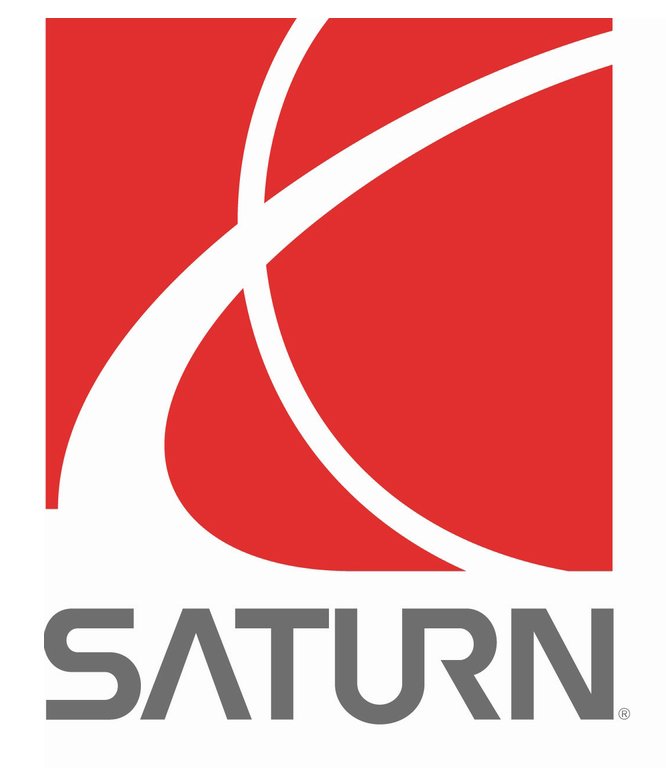What the Church Can Learn from Saturn
I was asked to lead a conference for a local church and for a group in our state convention recently. The topic assigned was biblical leadership with a focus on leading with love. There are many leadership books available, and most of them are very good. One of the books I recently read focused on this topic is Love Works: Seven Timeless Principles for Effective Leaders by Joel Manby. Manby was featured in the television show "Undercover Boss" as he visited theme parks owned and managed by his business, Herschend Family Entertainment.
One of his jobs prior to be CEO of Hershend, was at Saturn Car Company. As I read about his tenure at Saturn and some of the successes experienced there, my interest was piqued regarding this automobile division and why it no longer exists.
The more I read about Saturn, the more I recognized parallels to its demise and that of many churches and denominations in America. Perhaps, there are lessons to be learned from Saturn.
A Different Kind of Car Company
I remember when I first heard of Saturn. This new car division was developed by General Motors to be different. This was the first new car division in GM since Chevrolet was introduced in 1911.
GM was facing a looming crisis, as were other American car companies. The Japanese cars were outselling American cars and with the recent history of the "energy crisis" more consumers were looking for higher quality, lower gas mileage vehicles.
So, as an experiment, GM management and UAW leaders locked arms (in a partnership many said could never occur) to create a "different kind of car company." The idea for Saturn was birthed in the mid-1980s and began to grow over the years.
The factory where these vehicles were built would be managed differently. The sales process and the relationship with dealerships would be different.
Skip LeFauve, CEO of Saturn, gave these instructions to the new employees, "We want to change the poor reputation of the car-buying process. No more cheating the customer, no more dishonest tactics, no more wheeling and dealing. I want you all to treat the customer as if it was your own mother buying the car!"
Since most people really like their mother, this was definitely a "different kind of car company."
It seemed to work at first. Saturn cars sold well. Saturn owners loved their cars.
In 1994, over 25,000 Saturn owners traveled to Spring Hill, Tennessee for the Saturn Homecoming. This is amazing! People drove from all over the nation to Tennessee to celebrate with each other the greatness of their new cars. There were concerts and games and gatherings and food. Sounds like "dinner on the grounds" at an exponential level. Apparently, these gathering took place over the years and the final tally by the end of 1999 was that over 100,000 people attended.
Within four years of the launch of this new division, Saturn. . .
Was number two in overall retail sales in America
Was number one in dealer satisfaction according to J.D. Power
Had the highest resale value of any car in any class
Had the highest customer-retention rate in the automobile industry
Had the highest sales per retailer of any brand in the industry
It's now 2014, and for the past five years there have been no new Saturns. General Motors closed down the division in 2009.
So, what happened?
How could one of the brightest stars in the American automobile industries die and end up with closed down dealerships and support and repairs offered only through remaining GM brand dealerships?
Not So Different After All
There are many reasons, and they are layered, as you can probably guess. After reading blogs, forums, automotive industry updates and insight from others who know much more than I do about this subject, it seems there are two primary reasons why Saturn was doomed to fail. David Hanna writes about this for Forbes. (Click here to read more.) Here's what he surmised:
General Motors began to insist that all automobile divisions be managed identically with a tight, central fist.
General Motors and the United Auto Workers leadership insisted that Saturn get in line with traditonal ways of doing things.
Eventually the quality decreased and Saturn was "just another kind of car company." So much for "different."
No Church Plans to Fail
As I work with church planters, pastors and even leaders within the church where I serve, I see parallels to the Saturn model.
I have yet to meet a church planter who desires to plant a church that will fail within five years. However, statistics remind us that church planting is difficult and, unfortunately, do not move beyond the five year mark. This is true especially if these new plants are "lone rangers" with no sending church support.
There are also many "established" churches that exist on the tithes from Social Security checks of members (did I just say that outloud?) but are anything but vibrant, missionally-engaged, Kingdom-growing fellowships.
In these cases, it is still rare to find a pastor who is satisfied with those results.
We seek to see the Kingdom expand and life transformation take place in the lives of members and those in the community, but . . . too many churches are little more than a "Saturn."
That's not a compliment.
Always the Same
When I was growing up, moving around the nation numerous times as my father was in the US Air Force, I discovered quickly that just about every Southern Baptist Church (the denomination I am a part of) was the same. We used the same hymnal. We sang the same songs. We had the same schedule (9:45am on Sunday mornings was for Sunday School. 11am was for Morning Worship.) We used the same bulletins (produced by what was then called the Baptist Sunday School Board) with stories on the back and the weekly missionary photo provided so that we could draw beards and mustaches. The "order of worship" was pretty much the same as well. In our case, the churches we joined even had the same floor plan. Apparently, these were secured by the architectural department of the Sunday School Board (now LifeWay.)
Whether we were in Alaska, Texas, Alabama, Mississippi, Tennessee or Ohio, Baptist church life was pretty much the same. We were a homogenous bunch.
Different for a Difference
Over the past couple of decades, much change has taken place in the American church. This is true even in the Baptist tribe. Not to even get into the doctrinal idiosyncrasies, but just by looking at the practical aspects of worship time, worship style, dress, music, instrumentation, Sunday school, small groups, missional engagement, community ministry, programming shifts, etc. there has been much change.
Nevertheless, the reality has set in for most. In order to reach a culture that is constantly in flux, the church must adjust how things are done. This raises red flags for many, but rest assured, I am not speaking of anything regarding the sanctity of doctrine, the Word of God, or those things that are timeless, never to change. (That had to be said, because many people hear what they like and run around angry and loud in protest.)
While there are many churches that are different just for the sake of being different (which is pretty much a waste of time) there are many who have adjusted in areas that are not related to doctrine or out of line with our confession of faith (Baptist Faith & Message) in order to continually honor God and actually reach the people who exist in their respective community.
In these cases, being "different for a difference" should be celebrated.
"Different" Is Threatening
However, many who are secured in tradition (not biblical tradition, but cultural tradition) fear change. In truth, change is always scary. Why? Because no one knows if it will work or what the outcome will be. Sometimes we like sameness, even if it's ineffectual, just because it is comfortable.
So, while church planters and those pastors who seek to risk doing things a little differently for the sake of the Gospel are often frowned upon by the establishment (and that may be denominational leadership, other pastors, or even some within his own fellowship) perhaps we should look to the Saturn case study and seek to avoid that which caused their downfall.
What was it again?
Oh yeah. . .it was fear and loss of power.
The management couldn't handle the risk of allowing a new way of doing things to become the norm. They were being pressured by those who were steeped in the old ways. Then, there was the insistence that the traditional way of doing things was the only way.
Since GM and the UAW held the power, they implemented the changes that drew Saturn back into the fold as "just another car company" and we see the result.
What We Can Learn
There are churches and plants who do things differently and have terribly flawed doctrine. These should not be celebrated.
Yet, there are also those who do things dramatically different than my church, your church, or other churches in your community. In the midst of their "difference" they stand firmly on the Word of God, affirm the reality of his truth, and never, ever shirk the teaching and preaching of the Bible. They teach and affirm that sin is real and that apart from Christ there is no hope. Their doctrine is sound. Their practice may be different. These churches should be celebrated as more people are reached with the gospel.
Oh, and just so you know. . . I have never owned a Saturn. So, I'm not a car evangelist. Just saw some glaring comparisons in this story and others I'm living today.



